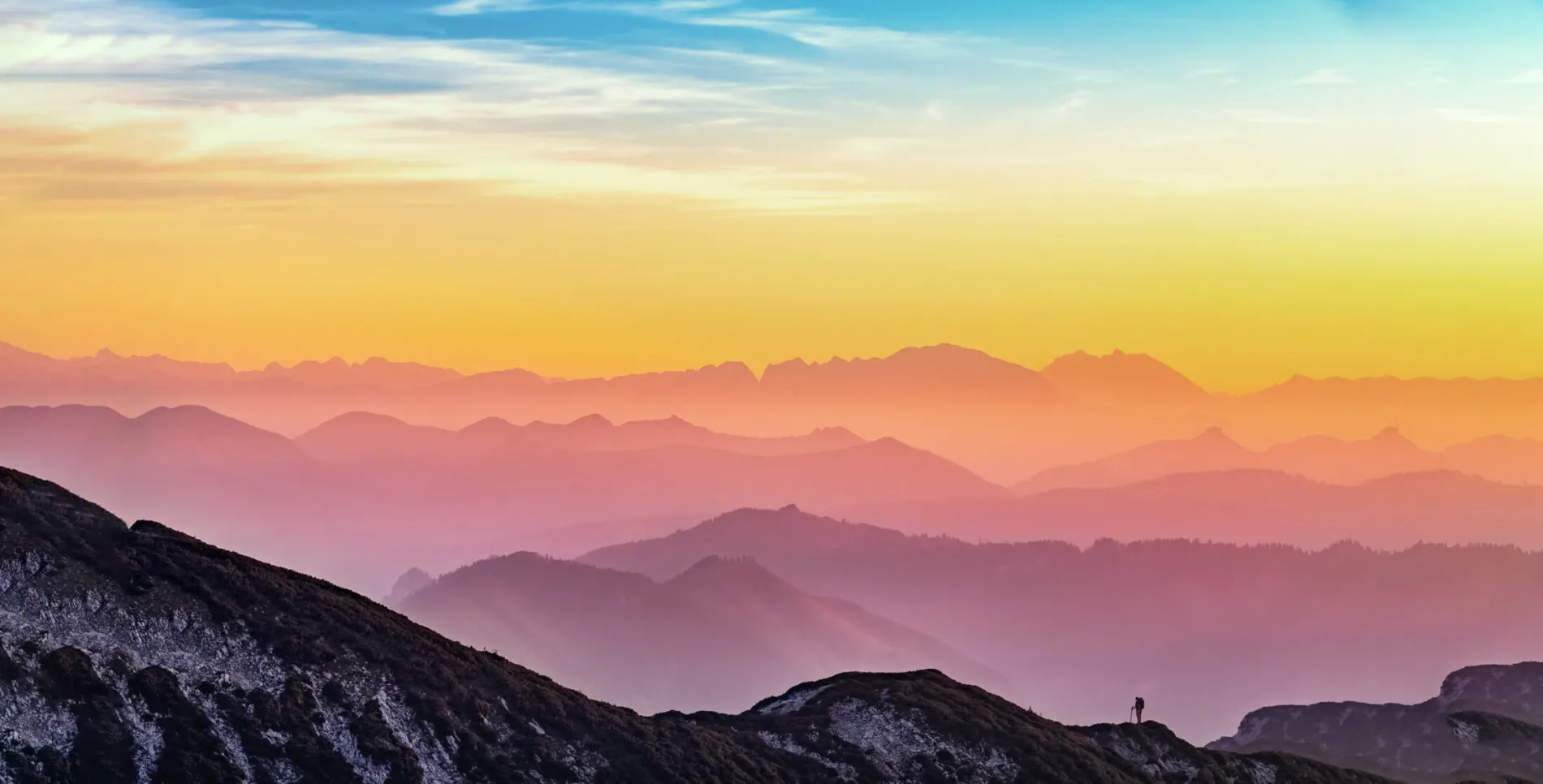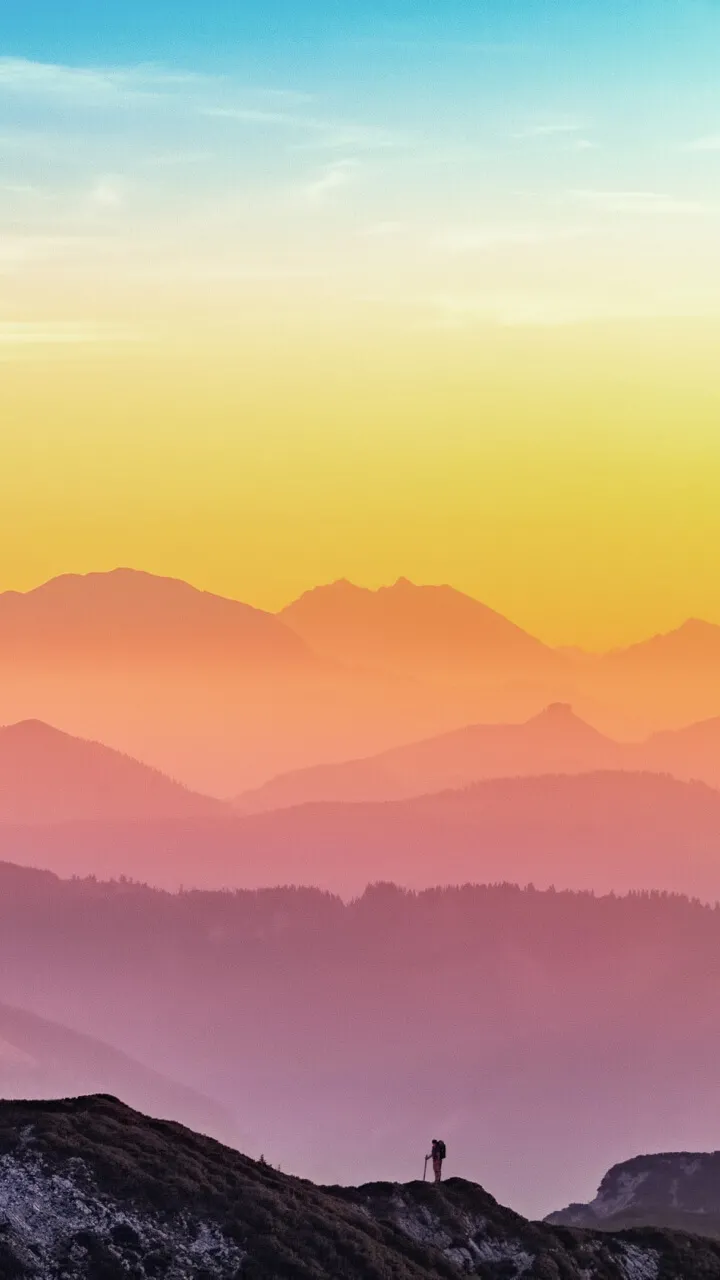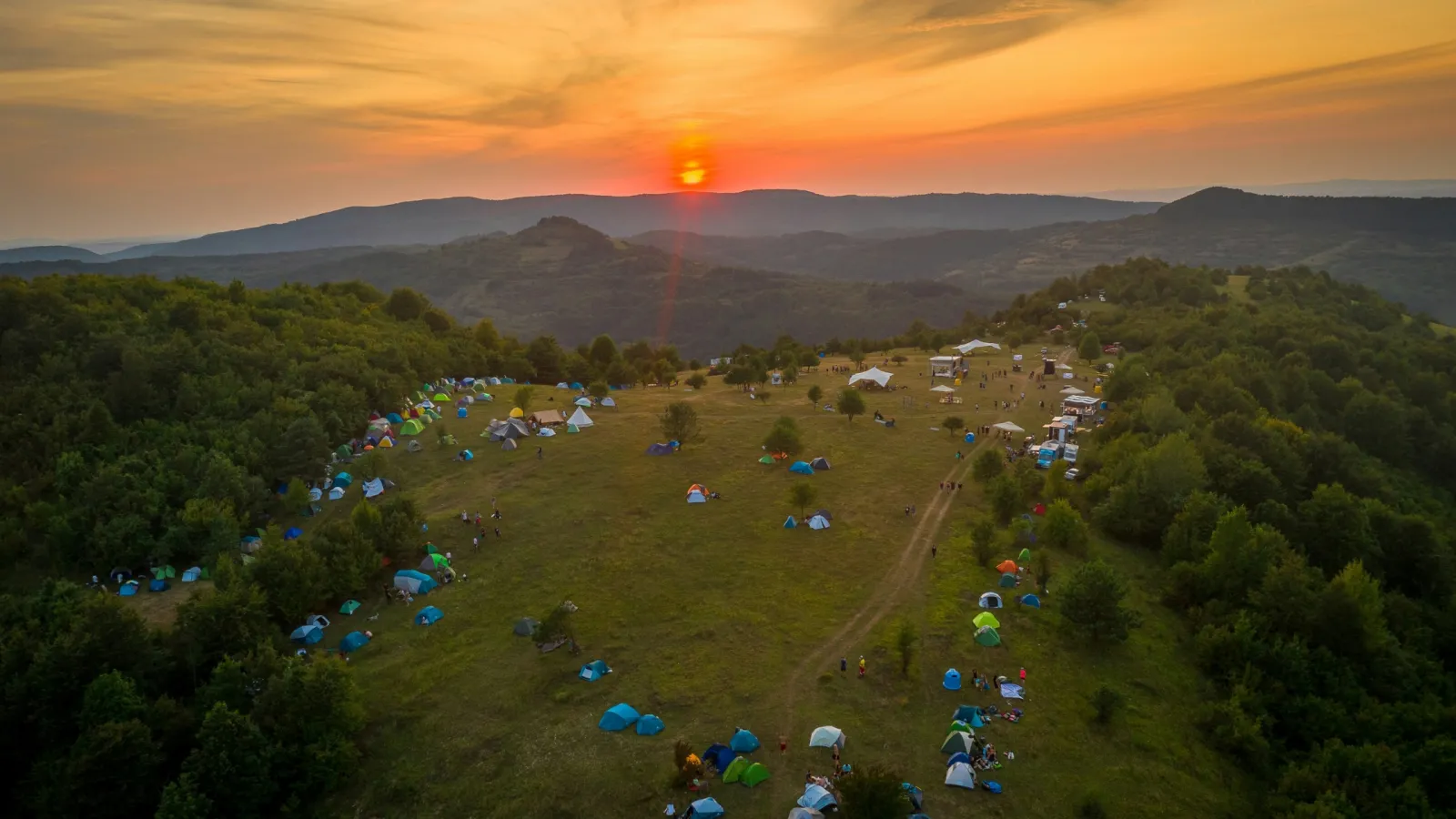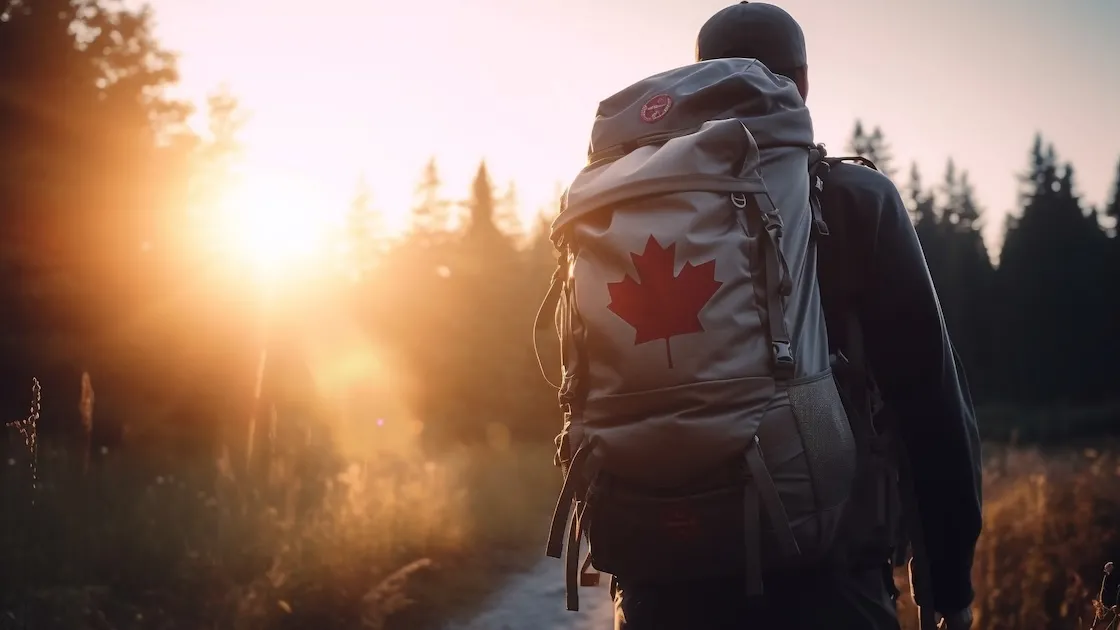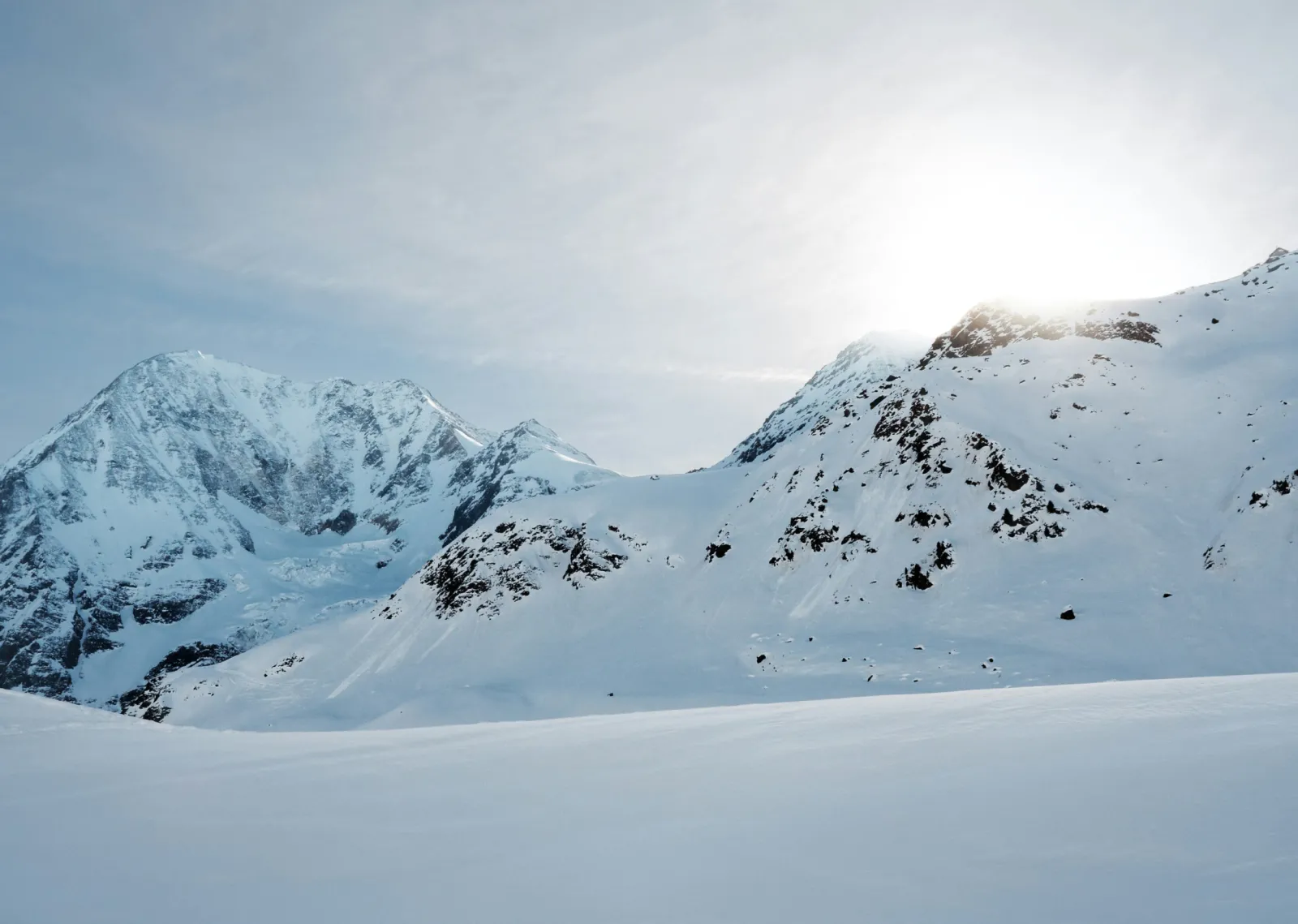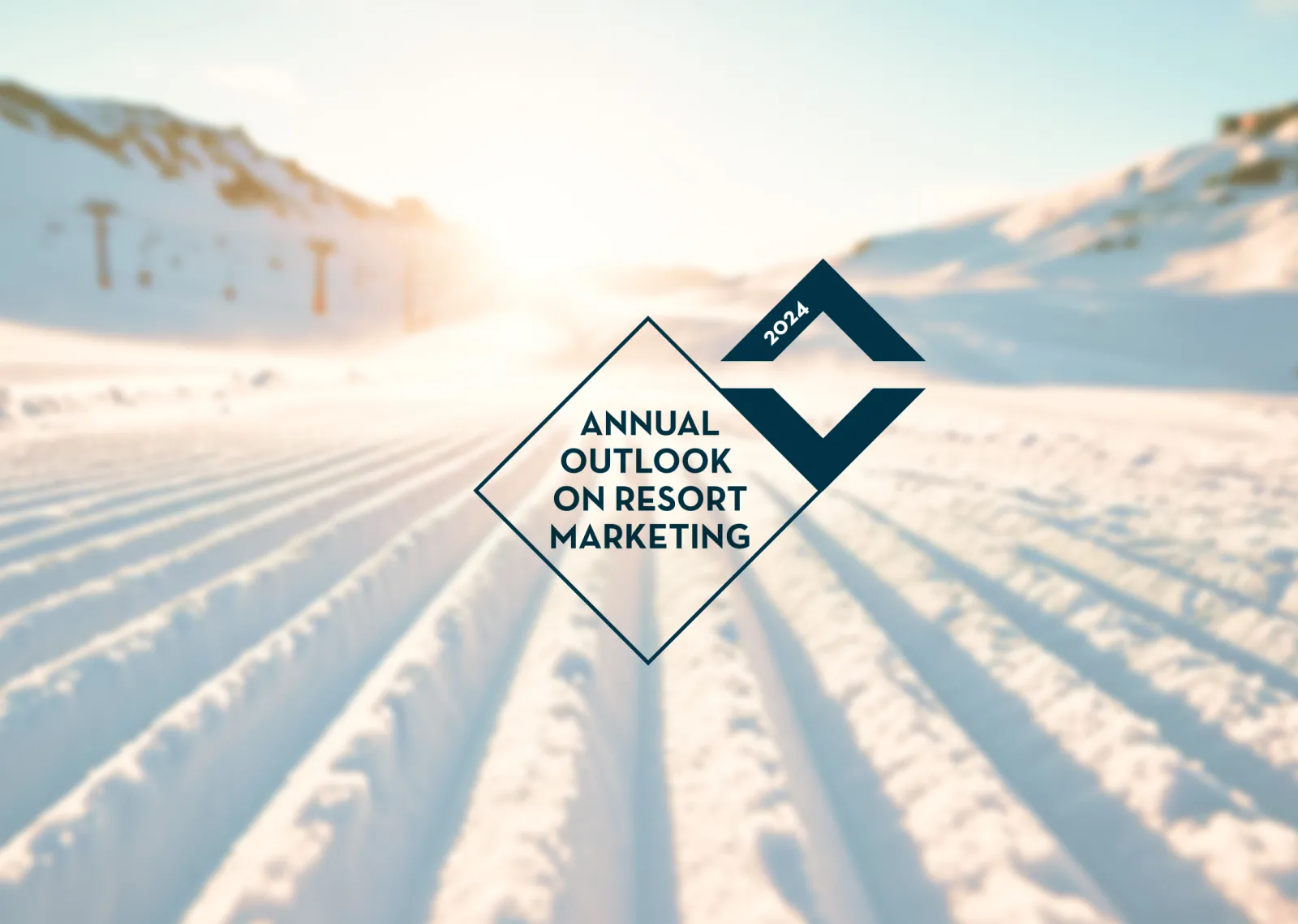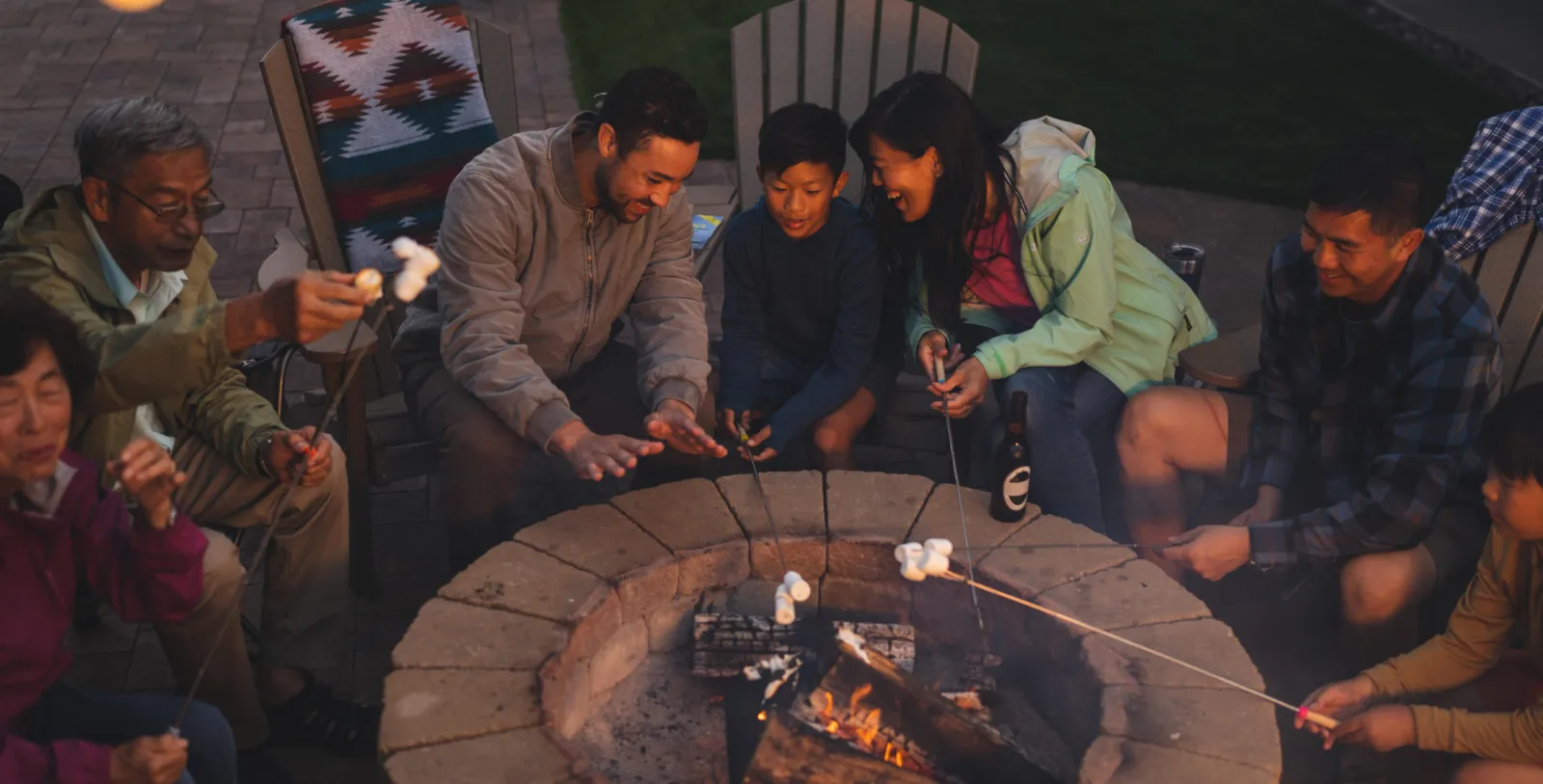The first annual Origin good works review
At Origin, one of the things we love most about being part of the outdoor industry is how the simple act of getting outside can change lives for the better. Indeed, if it weren’t for the transformative power of the great outdoors, it’s safe to say that Origin wouldn’t even exist, and we’re willing to bet the same could be said for a solid majority of outdoor brands in the market today. Doing the good work of helping more people experience this transformation, or even just enhancing their experience of it, is important. It’s worthy.
And it’s not enough.
As a way of recognizing these brands, and hopefully inspiring others, we thought we’d share some of what we’ve found. Keep in mind that this isn’t a thorough analysis of all initiatives by all outdoor brands; rather, it’s a somewhat informal accounting of the brands that have inspired and educated us across a broad spectrum of issues and initiatives. All of the information we used to determine which brands to include is publicly available via annual reports, company profiles, or independent media coverage.
Our partner - We partnered with Oliver Russell, an agency whose founder, Russ Stoddard, is a long-time friend of Origin. Oliver Russell was only the fourth agency in the world to certify as a B Corporation. B Corps are companies that successfully complete a rigorous assessment of their social and environmental performance. It is also a public benefit corporation, which legally obligates a company to use its resources to create a public benefit and to publish an annual impact report each year detailing this benefit. Oliver Russell is also a member of 1% for the Planet, which requires companies to commit 1% of their top-line revenue for environmental giving. Russ’s book, Rise Up: How to Build a Socially Conscious Business, is an Amazon bestseller.
Our definition of social good
In the corporate space, social good is evolving to be realized as stakeholder capitalism: Intentionally and proactively harnessing a company’s power and resources and focusing them to create positive change for all its stakeholders – not merely its financial shareholders. Examples of stakeholders include the company’s workers, the communities in which it operates, underserved populations and customers (think low-income, women-owned, BIPOC), its suppliers, the environment, as well as its shareholders.
Social good is typically defined within the following areas:
Workforce — this one is pretty obvious: How does a company treat its employees in areas such as compensation, health care, working conditions, and so on.
Governance — this one might require some explanation. Basically, the question of governance refers to whether or not a company has incorporated social good practices into its legal structure; a great example is REI, which is legally structured as a consumer-owned cooperative. This degree of commitment is a high bar for many companies, particularly those whose journey toward greater social good practices has only recently begun. Still, we’re including it here since it’s an important component, particularly as the outdoor industry matures and evolves.
Community — broadly speaking, how well does a given company support its community or communities? This might be the community in which it's headquartered, or the virtual community of its online followers.
Environment — a thorough accounting of a company’s environmental impact involves numerous factors, from supply chain, to manufacturing and distribution, to lifespan, to post-consumer recyclability, and more.
In addition to these four key areas, we’ve identified two other issues that have gained particular relevance over the past year.
Equity — Historically, equity issues have existed as part-and-parcel of the above categories. But if the past year has taught us anything, it’s that equity (or, sadly, the lack thereof) is now more visible than ever, and that consumers expect much more from their favorite brands than simple tokenism or a passing mention.
COVID-19 — For obvious reasons, a given brand’s response to COVID-19, both in relation to their workforce and their audience, has become an important factor in how they’re perceived. Brands that have supported both these communities throughout the pandemic have won the affection of consumers… and of us!
One more thing before we reveal our favorite outdoor-brands-who-are-doing-social-good-and-aren’t-named-Patagonia: This list is not intended to be the final word. Nor is our definition of social good intended to be the one by which all others must adhere. The truth is, like so many of our outdoor industry peers, we here at Origin are doing our imperfect best to listen, learn, and, hopefully, act with integrity and respect. We don’t have it all figured out. Not even close. Which is exactly why we rely on the following brands for inspiration. Here’s hoping they can do the same for you.
1. Burton
In 2019, Burton was awarded the coveted B Corp™ certification, the gold standard when it comes to social good. This classification boasts their commitment to a wide range of social and environmental issues, but what we’re especially inspired by is how they support their people.
In the past decade, Burton has made it their mission to affect positive change throughout their supply chain. In 2012, they drew up the Burton Supplier Code of Conduct. They used this framework to audit all their suppliers and—boldly— ended relationships with nearly half. Burton then doubled down to support their remaining factory partners, championing factory-specific sustainability projects and hosting training for workers as well as annual summits to reaffirm commitments. Burton's good work in this area culminated in accreditation by the Fair Labour Association in 2020.
When COVID-19 arrived last year, Burton managed their workforce fairly and transparently as the pandemic pressured their supply chains and caused widespread economic disruption. Burton prioritized maintaining standard payment terms with suppliers and communicating openly and often regarding future planning.
Perhaps the key to Burton’s success across a range of issues is how they hold themselves accountable. Their website transparently displays 83% progress towards the goal of 100% Fair Labour. They acknowledge their progress and, equally importantly, we believe, the work still needed.
2. The North Face
As the world continues awakening to the ugly realities of systemic racism, the outdoor industry - which has long suffered from a startling lack of diversity - is asking itself some very hard questions. And no brand is trying harder to answer those questions than The North Face, which recently announced a $7 million investment in an initiative they’re calling The Explore Fund, intended to expedite the work of diversity funding in the outdoor industry. Equally impressive is the simple fact that The North Face’s parent company, VF Corporation, recently reported that 55% of its 2020 U.S. workforce is comprised of BIPOC employees, a 7% increase since 2015. Of course, no brand is going to single-handedly solve the myriad challenges of diversity in the outdoors, but we’re deeply appreciative of The North Face’s commitment and willingness to rise to the challenge.
It’s also worth noting that TNF ranked an impressive 8th overall in the 2020 Fashion Transparency Index, which rates brands based on how much they disclose about their social and environmental policies, practices, and impacts.
3. Hydro Flask
We love seeing brands take direct action to support access to the outdoors. Since 2017, Hydro Flask has donated $1.9M toward this goal through their Parks For All program. This program supports nonprofit organizations to provide wider access to nature through the building, maintenance, and restoration of park trails and facilities. Their vision is to support more people to experience the mental, physical and social benefits of time spent outside, and as a result, lead more fulfilled lives.
When it comes to the value of time spent outside, we couldn’t agree more, but we’re particularly inspired by their commitment to improving equity in outdoor access: To date, nearly a third of their project participants have been from Black, Indigenous, and People of Color, Latinx, and other historically marginalized communities.
From connecting women and Indigenous youth in Canada and Alaska to the outdoors, to cleaning up beaches and waterways in Germany and the United Kingdom, the program’s grantees are making major inroads in outdoor space across North America and Europe.
4. REI
REI has leveraged their position as one of the largest outdoor retailers in the world to demonstrate what good stewardship can look like across a broad spectrum of issues. From product sustainability to robust climate and environmental initiatives, to exceptional employee benefits, it’s hard to find an aspect of social good that REI isn’t excelling in. That said, we’re particularly inspired by their commitment to reducing waste through their re-commerce program that allows members to send in used gear in exchange for gift cards, or simply to purchase used gear outright. We also love that they’ve opted out of the traditional Black Friday retail madness, choosing instead to give their employees the day off to spend in the great outdoors. Their #Optout initiative has even inspired more than 700 other organizations to join them.
5. gogglesoc
gogglesoc is a smaller company than the others we’ve covered, but they’re up to big things when it comes to sustainable production. gogglesoc makes upcycled eyewear accessories for the outdoors, including their signature product: goggle protectors made from discarded plastic bottles.
The brand’s latest innovation is the creation of merchandise displays using chopsticks. In their local city of Vancouver alone, 90 000 chopsticks are thrown away each day; gogglesoc saw an opportunity to partner with Chop Value, who specializes in processing this “Urban Harvested Material” to create displays in a variety of sizes in order to showcase their product at stores worldwide. Over 2.8 million of these would-be single-use items have been repurposed by gogglesoc thus far into premium merchandise stands that are supplied for free to their retailers.
We love gogglesoc’s outside-the-box thinking, local sourcing of materials, and their partnership with local specialists, and we love how they’re demonstrating that even a smaller, younger brand can serve a greater good.
As we hinted at the outset, we intend to make this list an annual feature. Every year, until the world is a perfect place or until we forget, whichever comes first, we’ll share a list of brands that inspire us with their social good initiatives. If there’s a brand you think we should know more about, please don’t hesitate to let us know.
